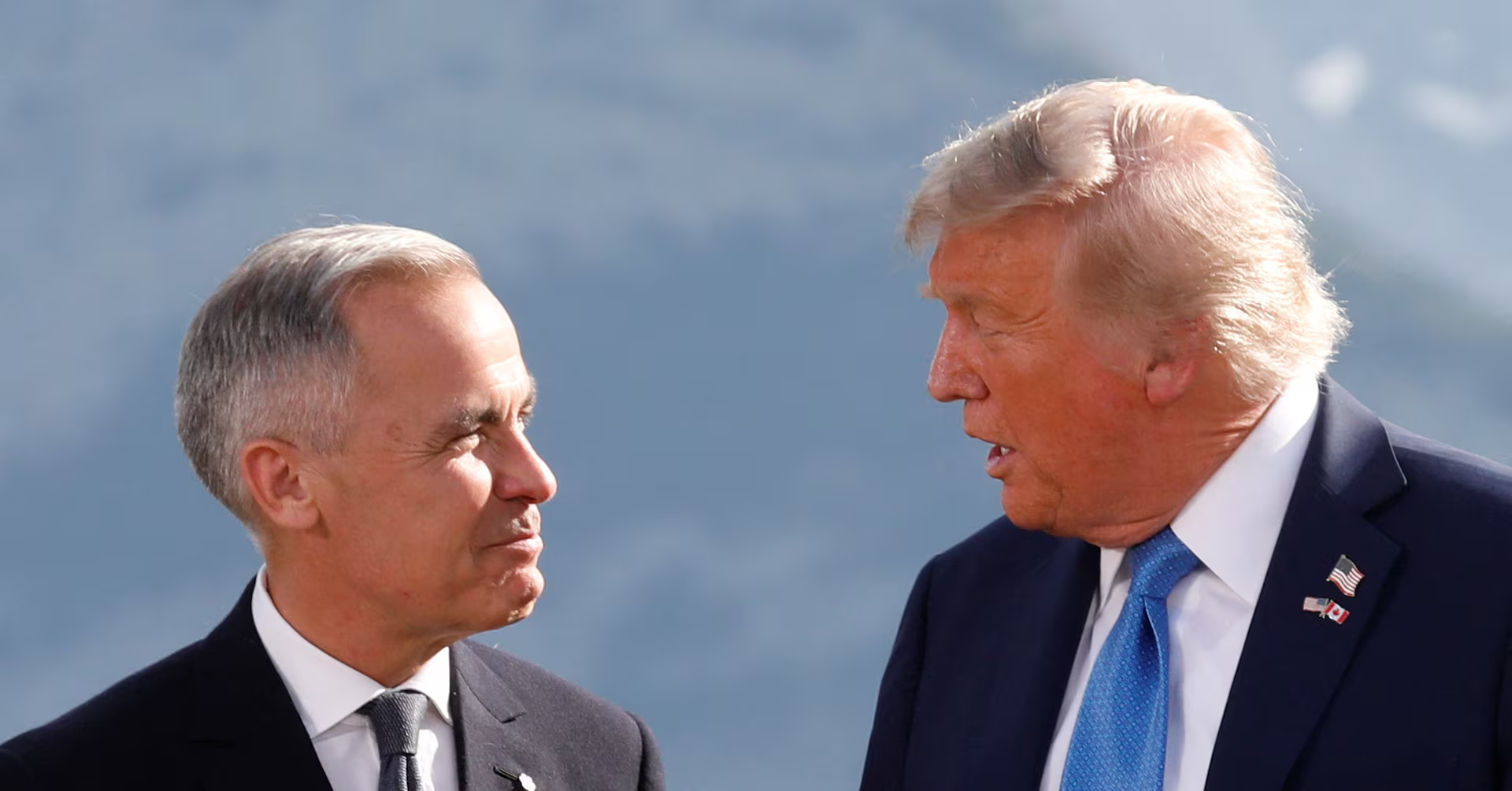Tensions between the United States and Canada continue to simmer as a self-imposed deadline for a revised trade agreement has passed with no resolution. Amid rising tariffs, domestic political pressure, and economic uncertainty, businesses and policymakers alike are questioning what comes next for the deeply integrated North American market.
Rising Tariffs and Economic Fallout
The failure to secure a new trade deal has resulted in a complex web of retaliatory tariffs. Canada now faces a 35% tariff rate on many exports, including steel and aluminum, prompting the government to impose C$60 billion in countermeasures. While the Canada–United States–Mexico Agreement (CUSMA) softens the blow for many industries, businesses are still feeling the pinch — especially in the auto and manufacturing sectors.
According to data from the Canadian Chamber of Commerce, nearly 40% of exporters have begun to diversify their supply chains, signaling a long-term shift in trade dynamics.
Political Strategy on Both Sides of the Border
While Prime Minister Mark Carney urges patience in favor of a quality deal, U.S. pressure continues to mount. President Trump’s administration has tied trade demands to unrelated issues, such as defense spending and border security. The appointment of a “fentanyl czar” and increased defense budgets are seen as signs that Canada is conceding to U.S. demands in hopes of easing tariff threats.
Political leaders like Pierre Poilievre argue that Canada should take firmer control of its economic destiny. Meanwhile, U.S. businesses, particularly small and mid-sized exporters, are increasingly pressuring lawmakers to reduce uncertainty and lower the cost of cross-border commerce.
What’s Next for North American Trade?
Despite the current stalemate, the trade relationship between the U.S. and Canada remains one of the world’s most important. About 90% of Canadian exports to the U.S. still cross duty-free under CUSMA, though firms must meet strict documentation requirements.
The upcoming CUSMA review in 2026 will likely be even more contentious. Both governments are expected to reassess their commitments and protections, especially in light of Trump’s renewed interest in reshaping trade policy. According to the U.S. International Trade Commission, continued uncertainty could affect supply chain resilience and consumer prices in both countries.
For now, Canadians are cautiously supporting their government’s approach. But if negotiations drag on, political support may wane. In the meantime, Ottawa continues to collect record revenue from import duties and push for more internal trade reforms between provinces — a move seen by many as a hedge against future U.S. pressure.







